
by Andrew Corbett | Jul 11, 2018 | Book of Revelation |
Much damage to the credibility of the Bible has nearly been done by those who twist the contents of the Book of Revelation to force it to sound like it refers to the events of our present day. Time and time again, so called Bible-Prophecy teachers have been left with egg on their faces as their ridiculous speculations have proved to be completely wrong. Our Administrator forwarded onto me a copy of an email we were sent claiming that our understanding of the Book of Revelation was wrong and that we would be humiliated by the Lord when the Rapture took place on October 17th 2009.
You’ll notice that I am writing this brief article after this ‘day of humiliation’. But still the sillyness continues to be rolled out by many TBN preachers who (even inadvertently) misrepresent the Book of Revelation by claiming that it is written to us about our day. (I have compiled a small list of such of failed interpretations.) In the unlikely event that you are a now cynical believer reading this article, or even in the more unlikely event that you are a complete skeptic about Christianity and the Bible reading this article, I hope to take just a few minutes of your time to offer an alternate understanding of the Book of Revelation that will actually present a credible case for Christianity and the Bible.
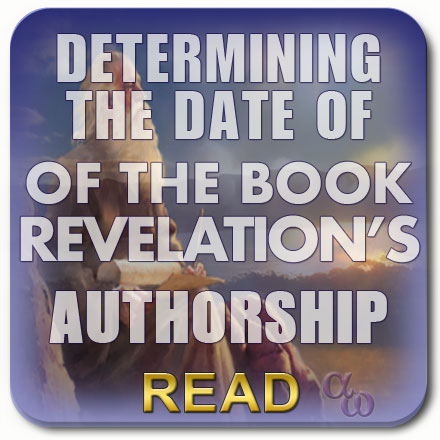
by Andrew Corbett | May 31, 2018 | Book of Revelation |
It would be remiss of any serious student of Revelation not to at least do a cursory examination of the historical context to which Revelation is back-dropped. The first point of reference would have to be to determine when Revelation was written. Most scholars regard there being only two possible dates. Dr. Leon Morris explores this adequately in his Tyndale Commentary series volume on Revelation, and I recommend that this widely available commentary be read. In the case of most books of the Bible, determining the date of its authorship, while certainly important, is not necessarily crucial to its interpretation. But this is absolutely not the case with the Book of Revelation. Some tradition has up until recent times regarded the date Revelation’s authorship to be around 95AD. This has been based almost entirely on a misunderstanding of one vague statement by the second century Church Father, Irenaeus.
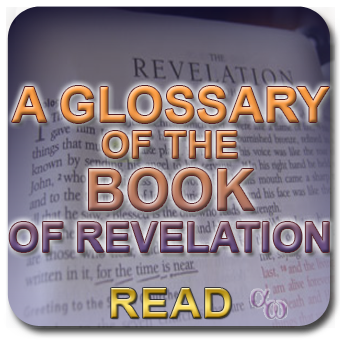
by Andrew Corbett | Mar 16, 2018 | Book of Revelation |
Some scholars regard the language of Revelation as “apocalyptic”. By this, they mean- ultimate doom language presented in symbolic terms. If we accept this narrow definition as the working definition of “apocalyptic” then we are forced to reject the Book of Revelation as truly being apocalyptic language. The reason for this is that the Book of Revelation is not about the end of the world as much as it is about the end of something else.
Other scholars take a broader definition of the word apocalyptic and employ it to simply mean prophetic symbolism. Clearly the Book of Revelation is full of symbols. The challenge for the Bible student is to learn its language and interpret what the symbols mean. We do this by following the standard rules for sound Bible interpretation.
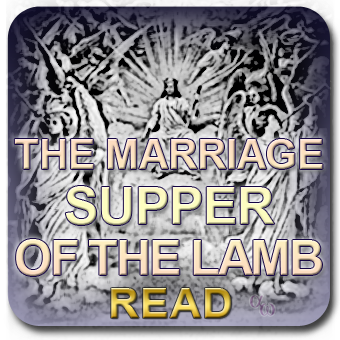
by Andrew Corbett | Mar 13, 2018 | Book of Revelation |
The marriage supper of the Lamb is the celebration of the ultimate marriage made in heaven. It is the picture that God has given us to portray His relationship with His people. That’s why “marriage” is so important: it’s a reflection of Christ as the Bridegroom wedded to His Bride, the Church! This has sombre implications for any attempts to introduce ‘same-sex’ marriage…
The closing book of the Bible begins to culminate by describing a marriage supper between Christ and His Church.

by Andrew Corbett | Feb 28, 2018 | Book of Revelation |
When we approach references in Scripture refering to the New or Heavenly Jerusalem we are guided by these principles of hermeneutics (The Method of Bible Interpretation). Added to this, we are also guided by our system of Eschatology. Our Eschatological system will give us certain presuppositions which heavily influence our understanding of the Bible. If for example, we have a Futurist Eschatological system, we will regard references in Jeremiah and Ezekiel of Israel being returned to their land after exile as pertaining to a last days regathering of Israel to the Promised Land which we would claim is being fulfilled today. But if we have a Historicist Eschatological system, we would regard the exact same references as predicting the return of Judah from exile in Babylon when the conquering Emperor, Cyrus, issued the decree allowing them to return (as chronicled in the Biblical books of Ezra and Nehemiah). Eschatological systems matter. Here are some of the features that a sound eschatological system should possess-
+ a means to accommodates all eschatological references
+ the ability to identify whether a prophecy is fulfilled or not
+ the capability to make certain testable predictions based on the Biblical text
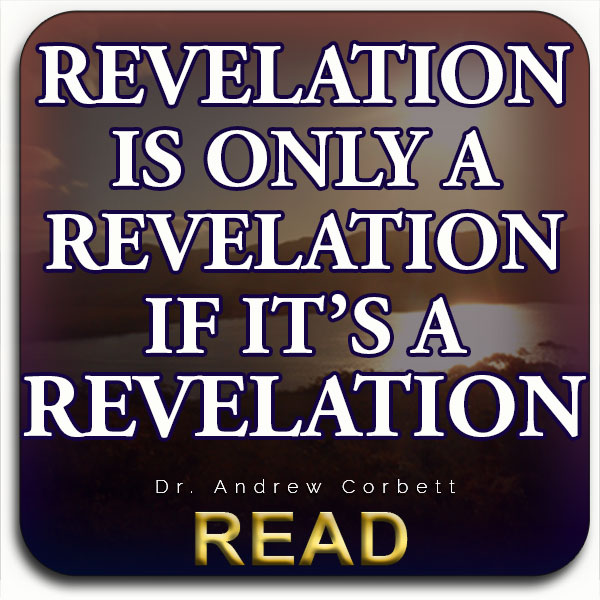
by Andrew Corbett | Feb 4, 2018 | Book of Revelation |
I was once dining with a theologian who had lectured on the Book of Revelation for years. He had even been to Patmos to conduct teaching tours of the Apocalypse. But like some theologians, he felt that Revelation was a complete enigma. He was adamant that there was not any particular method to understand everything in the Book of Revelation. His claim is believed by many. He cited Deuteronomy 29:29 to justify his belief that it was impossible to understand the Book of Revelation, claiming that The Apocalypse was a divine secret. But there is one immediate and gargantuen problem with this idea: for Revelation to be a revelation it has to be a revelation. There is a certain hang-over from Post-Modernism that makes the idea of the Book of Revelation being divinely vague very appealing. Post-Modernism relishes in the idea that nothing can be known for certain. It despises the notion of being ‘right’ and extols the notion of uncertainty. If it can not be understood, then it can never be a revelation!
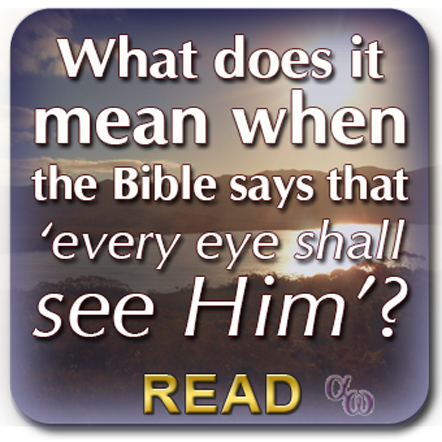
by Andrew Corbett | Nov 8, 2017 | Book of Revelation |
After years of studying the Book of Revelation, I have become persuaded of the Classical Preterist Position. One of the first objections raised against Preterism (often confused with Hyper-Preterism, or, ‘Pantellism’) is based on Revelation 1:7. Which says that when Christ ‘comes’, ‘every eye will see Him.’ Opponents of Preterism offer what they think is a death-blow to Preterism with this apparent ‘knock-out’ verse. As a Preterist, I have to admit, if their interpretation of this verse is correct, Preterism can not be true. Therefore, how we understand this verse will either destroy the validity of Preterism or, could it possibly validate it?
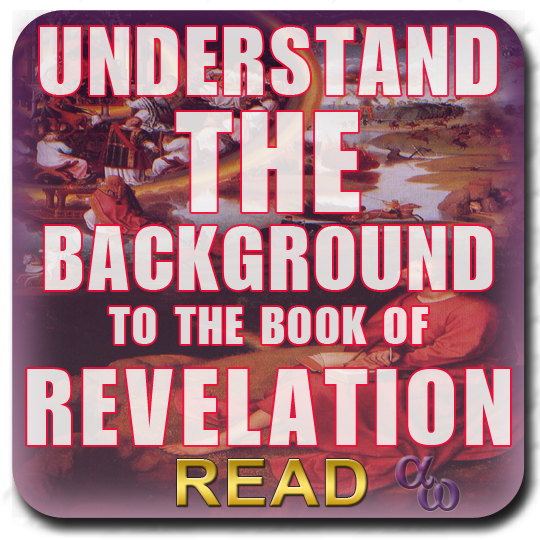
by Andrew Corbett | Apr 19, 2017 | Book of Revelation |
Anyone who studies the Book of Revelation will soon come across the term “apocalyptic”. The language of the Book of Revelation is regarded as “apocalyptic”. Similarly, the student of Revelation will read that “apocalyptic” has to do with symbolic prophetic language regarding the end of the world. This definition though is somewhat unsubstantiated. “Apocalyptic” does not mean the end of the world, rather it means to unveil. It comes from the Greek word, apocalypsis. This is the original Greek word for the English word “Revelation”. Thus, while the nature of the term apocalyptic is certainly symbolic, certainly prophetic, and certainly about the ending of something, but it is not necessarily (if at all) about the end of the world.









